
Healthy Individuals & Communities
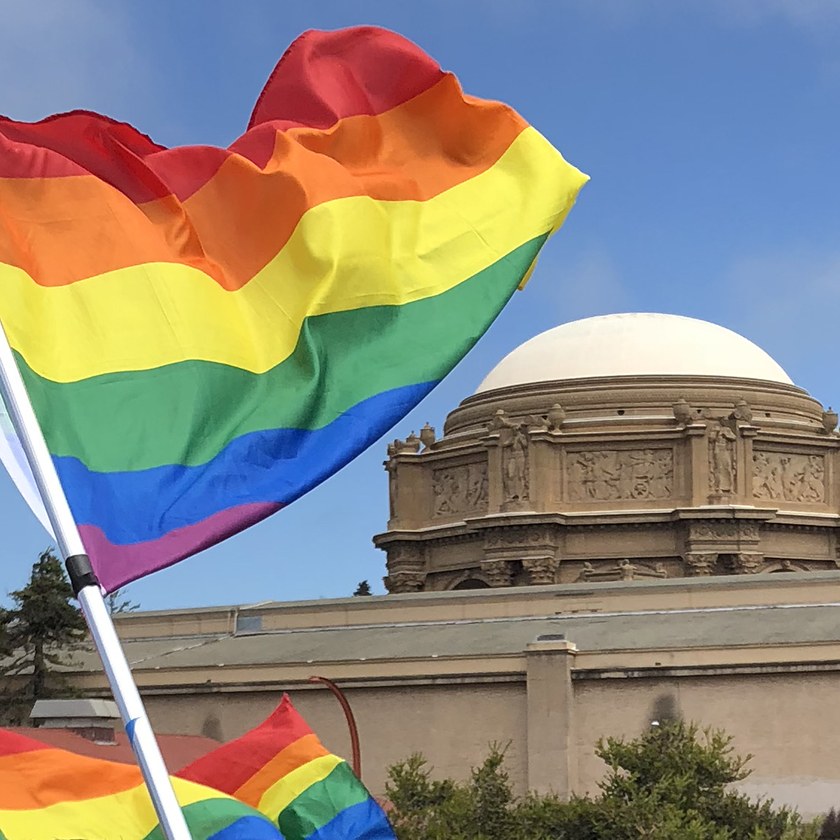
Tides’ VP of Strategic Partnerships and Communications, Alex Sloan, recently sat down with Tides to break down the trending topics, themes, and funding forecast of two leading national LGBTQ conferences. Here’s what he had to say.
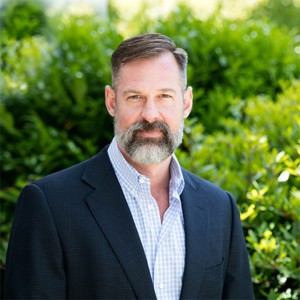 Tides: You recently attended and spoke at Funding Forward and OutGiving, two of the leading LGBTQ donor conferences in the U.S. Can you tell us more about how these two events help inform funders like Tides’ in supporting LGBTQ equality and justice?
Tides: You recently attended and spoke at Funding Forward and OutGiving, two of the leading LGBTQ donor conferences in the U.S. Can you tell us more about how these two events help inform funders like Tides’ in supporting LGBTQ equality and justice?
Alex Sloan: Both conferences—one grassroots, the other grasstops—drive the conversation on how funders are engaging on the most pressing civil and legal rights challenges facing LGBTQ people in the U.S. These events and collaborative networks also help to inform Tides’ advisory support for our client-partners who are donors or social change leaders seeking to advance the well-being of the LGBTQ community.
Funding Forward is organized by the amazing organization Funders for LGBTQ Issues, a network of 75 foundations, corporations, and funding institutions that collectively award more than $1 billion annually to social change, including approximately $100 million specifically devoted to LGBTQ issues. OutGiving, organized by the Gill Foundation, unites some of the most active individual and family donors to learn and build community around pressing issues facing the LGBTQ community. Outgiving also encourages deep financial commitments to organizations working on the ground to drive impact on those causes.
These gatherings help keep donors and social change leaders aligned on where the needs are greatest and where financial and advocacy resources should go. It’s also sobering and inspiring to spend time with such amazing social change leaders who are on the ground and in the fight everyday to advance equity and protect marginalized communities who face discrimination, inequity and torture—even today. We finally achieved marriage equality through patience, investment and hard work, but much more work remains to be done until LGBTQ people are treated fairly and equitably in our workplaces, homes, schools, military service branches, and courts.
We finally achieved marriage equality through patience, investment and hard work, but much more work remains to be done until LGBTQ people are treated fairly and equitably in our workplaces, homes, schools, military service branches, and courts.
Tides: What stood out to you this year with respect to the LGBTQ funding landscape?
Alex: What was apparent to me this year is that while LGBTQ grant dollars continue to increase, much more investment is needed by institutional and individual donors to ensure the community has the support it needs to thrive and, for some LGBTQ people, just survive. Only $200 million is slated to be spent by foundations this year in support of all domestic LGBTQ issues, led by Arcus Foundation, Ford Foundation, and Gilead Sciences. Tides is proud to be the sixth largest funder in the space and Tides’ partner Open Society Foundation is the fifth largest.
While that $200 million is double 2010 numbers and the most ever (aside from a spike in 2016 in response to the Pulse Nightclub massacre), these numbers are still paltry. By comparison, the well-known and well-regarded Susan G. Komen Foundation, raises over $50 million alone in support of breast cancer research and advocacy (a very worthy cause, of, course).
And the data is even more concerning when you dig in. According to Funders for LGBTQ Issues, foundation funding for trans communities has increased over the past five years more than four fold—by 33% from 2016 to 2017—but that growth in dollar terms grew from only $4M in 2012 to $17M in 2016 and $23M in 2017. Out of total foundation funding, for every $100 awarded, only 3 cents benefits trans communities. Clearly this is woefully insufficient support for a community who is one of the most marginalized and targeted by hate groups and the Trump Administration today.
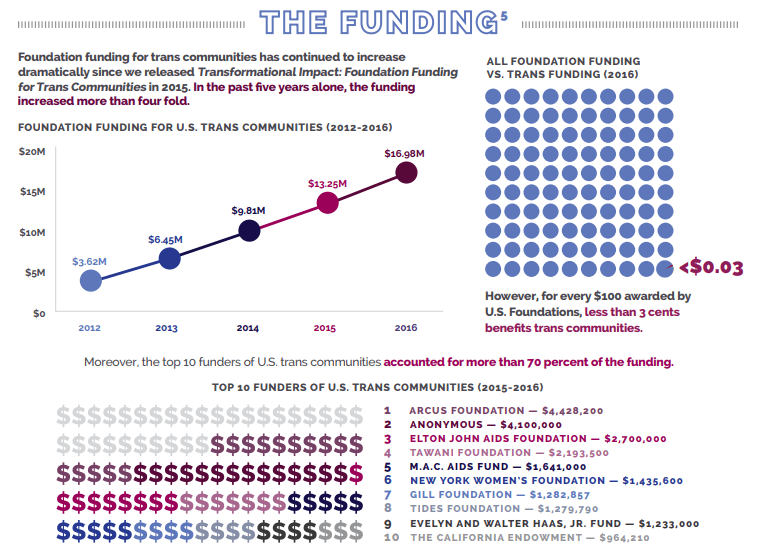
Tides: What major themes came up at these events? How do you see funding—and attention— shifting towards these issues?
Alex: Two compelling key themes were present at both events: protecting transgender rights and banning conversion therapy. Broadly, transgender justice covers a lot of areas, much like LGBTQ rights. There has been a lot of attention in recent years to so-called “bathroom bills,” that seek to force trans people to use the bathroom of their birth-assigned gender not their current gender identity. Recall North Carolina’s move in 2016 and the strong reaction against those discriminatory laws, which were partially repealed as a result of the backlash by citizens and the business community. Organizations like National Center for Transgender Equality and others are working every day to protect the rights of transgender people also extends to ensuring civil protections and non-discrimination in the workplace and housing. LGBTQ do not have these protections in many states and places, but we seen an increase in violence and discrimination against trans people, as part of a backlash by conservatives, the Republican party and the Trump Administration. In my view, this backlash is due to the success of marriage equality and the mainstreaming of LGBTQ people in society.
As for conversion therapy, it’s still legal in over half of the states. Between the Gill Foundation, Trevor Project, and other advocacy organizations, we’ve made some good progress on making conversion therapy illegal, although “religious exemptions” will make it challenging to fully abolish this practice that is tantamount to torture and still actively forced on people, especially young people as they begin to express their sexual identity. So you may be able to ban conversion therapy in states where it’s still practiced, but if it’s under the code of a religious institution, those groups probably have a lot more leeway to continue the “therapy,” even though it’s illegal otherwise.
Nearly 700,000 adults in the country have received conversion therapy at some point, including about 350,000 who received the treatment as adolescents.
Nearly 700,000 adults in the country have received conversion therapy at some point, including about 350,000 who received the treatment as adolescents, according to a study by the Williams Institute, a think tank on sexual orientation and gender identity law and public policy at U.C.L.A. I have friends who were subjected to conversion therapy as teenagers, and they still suffer mental and emotional problems like PTSD as a result.
One of the amazing and inspiring speakers at Funding Forward, Sam Brinton, serves as head of advocacy and government affairs at the Trevor Project and wrote a compelling piece in the New York Times last year, “I Was Tortured in Gay Conversion Therapy. And It’s Still Legal in 41 States,” in which they say, “the trauma of conversion therapy can cause depression, suicidal ideation, family rejection and a whole host of horrors that children must then face without the knowledge that mental health professionals are supposed to help rather than harm.” Sam is a recent graduate of MIT in nuclear physics, and yet has chosen to work full time with the Trevor Project on banning this terrible practice that they and many other people have suffered at the hands of their parents, pastor, or therapist.
Tides: Would you say these are national or state-by-state policy fights?
Alex: It’s both. On a federal level, if you’re trans then the narrative is: get out of the military. In a state like North Carolina, you have to go to the other bathroom. Discriminatory policies and laws tend to show up primarily at the state level and might get arbitrated at the Supreme Court. For example, there are still 20 plus states where there’s no employment and/or housing non-discrimination, so you can be kicked out of your apartment for simply being a LGBTQ person. In half the states in the country you can be fired for being LGBTQ. The federal Employment Non-Discrimination Act (ENDA), which seeks to prohibit discrimination in hiring and employment on the basis of sexual orientation or gender identity by employers with at least 15 employees, has been voted on in Congress in various forms since 1974, but never passed into law. It needs to be, now.
There are still 20 plus states where there’s no employment and/or housing non-discrimination, so you can be kicked out of your apartment for simply being a LGBTQ person.
Tides: Were there any intersectional themes that emerged from the conferences this year?
Alex: Absolutely. LGBTQ rghts are often intertwined with other social challenges like homelessness and youth in need. A disproportionately large segment of people facing homelessness in San Francisco, for example, are LGBTQ and LGBTQ youth. Location also played a big role. The Funding Forward conference, for example, took place this year in Tucson, AZ, so there was a lot of discussion on the intersectionality of migration and asylum issues with LGBTQ communities. Many people flee their home countries due to persecution based on their sexual orientation or identity, and homosexuality is still illegal in 75 countries, including some that impose the death penalty. Increasing numbers of asylum seekers at the U.S. southern border are from Guatemala and other Central American countries where they face sexuality-based persecution, not just economic and political injustice. Navigating our broken asylum processing system can be even more challenging and dangerous for trans people. If detained, a trans woman, who has identified as a woman for a long time, could end up put in an all male detention facility and face harassment and violence. So protecting and supporting LGBTQ people in need has many complex intersectional dynamics.
Tides: Do the conferences move each year? How much of a regional component do these gatherings have with respect to funding?
Alex: Yes, Funding Forward moves their conference each year, which provides a snapshot of what’s happening in the region, in addition to nationally. When the conference was in Tucson, there was a strong focus on funding in the Southwest that year. It was in New Orleans another year, which brought focus to that area. What’s noteworthy to me from personal observation was how striking the disparity of LGBTQ funding is between regions like the deep South and cities like San Francisco, New York or Chicago. With large, affluent LGBTQ communities in those major cities, direct service and advocacy organizations are able to raise big dollars. There have been more than a few $20 million plus capital campaigns by San Francisco based LGBTQ service organizations to build or buy buildings. These fundraising numbers are impressive and improved facilities do help deliver more services in those cities. But organizations in smaller or less affluent places like Tucson and New Orleans have to operate on far fewer resources to support their communities.
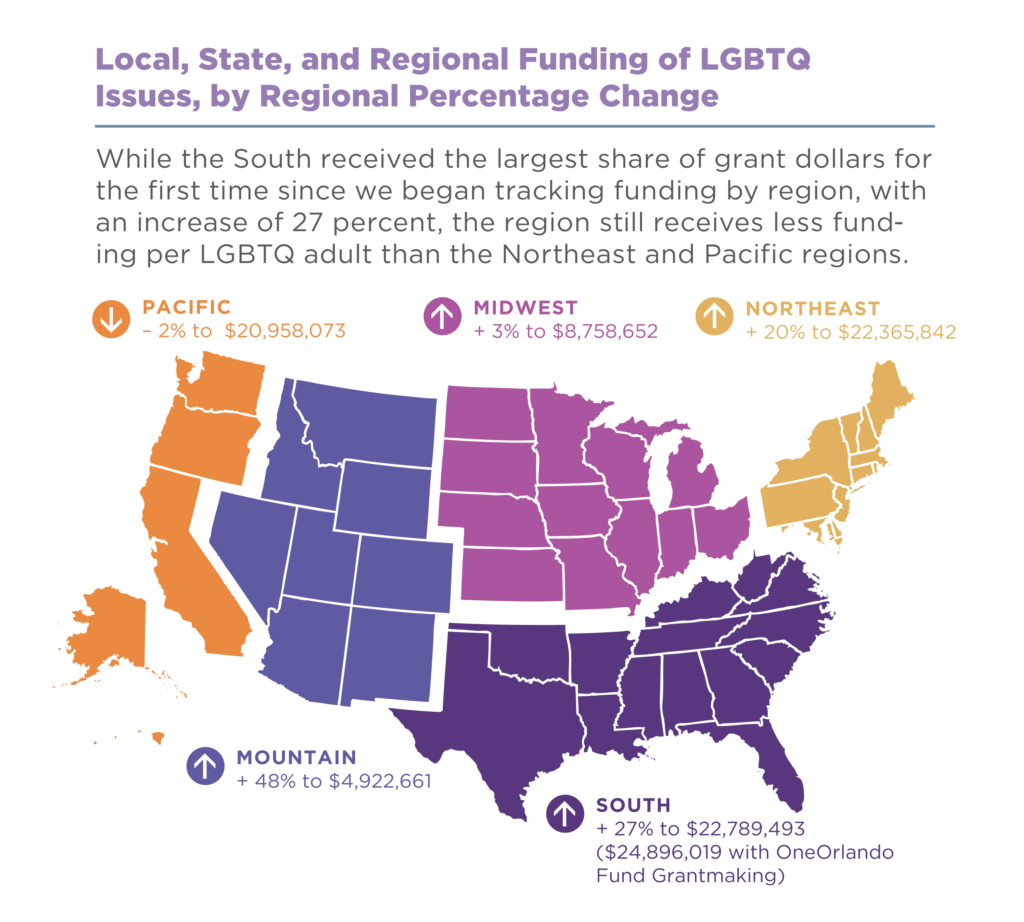
According to Funders for LGBTQ Issues, the South received the largest share of grant dollars for the first time since they began tracking funding by region, with an increase of 27 percent. However, the region still receives less funding per LGBTQ adult than the Northeast and Pacific regions.
Tides: What role does Tides play in the LGBTQ giving landscape? How do we compare to others in the space?
Alex: Tides is consistently ranked among the top 20 funders of LGBTQ issues by total dollar amount per Funders for LGBTQ Issues’ annual survey. Tides has, since 1997, made grants totaling $47.2 million to support LGBTQ causes in the US and globally. And Tides has been the organizational home for leading LGBTQ organizations like the State Equality Fund, the Trans Justice Funding Project, and the National AIDS Memorial Grove. Furthermore, we have provided infrastructure support to numerous organizations working in the trenches to support LGBTQ rights around the world including AIDS-Free World and International Railroad for Queer Refugees, as well as the Equality Without Borders Fund from which individual donors have given over $4 million to over 45 organizations advancing LGBTQ rights in more than 25 countries.

I always feel inspired but also frustrated and impatient when I join my colleagues at these events. We bond and connect on progress made, and there has been much of that. But too many people are still discriminated against, kicked out of their families and homes, fired from their jobs, forced to “convert”, and even killed for just being who they are and for whom they love. Increased funding and support from individual and institutional funders, including Tides, and hard work by advocates on the ground helps drive change, but that change cannot come soon enough.

Healthy Individuals & Communities
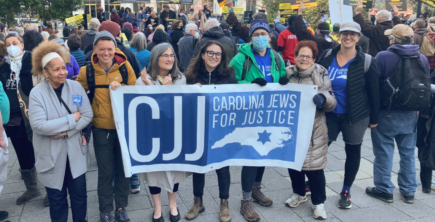
Our Community

Philanthropy

Read the stories and hear the voices of social change leaders fighting for justice.